Get Summer Ready - Top 10 Tips to Embrace the Season

Get Summer Ready - Top 10 Tips to Embrace the Season
As the sun starts to shine brighter and our days grow longer, it's time to get summer-ready and fully embrace the season. So let’s delve into the top ten tips that will help you make the most of these sun-kissed months. From embracing the vitality of juicing to savoring the bountiful seasonal produce through healthy eating, and from staying well-hydrated to revitalizing your skin and pampering your hair and nails, this summer guide has you covered from head to toe. We'll also explore how to freshen up your wardrobe, enhance your outdoor dining ambiance, and keep your body active and energized. In addition, we'll discuss the importance of planning a well-deserved getaway and organizing delightful picnics and BBQs with your friends and loved ones. Summer is a time of renewal, relaxation, and making lasting memories, and with these ten tips, you'll be well-prepared to make the most of this vibrant season.
- Embrace Juicing. Summer is the perfect time to kickstart your day with a fresh juice. Juicing extracts the vitamins, minerals, antioxidants & nutrients, leaving most, if not all, of the fiber behind. We still need fiber, but incorporating a daily juice can be a great nutrient injector to boost our energy levels, cleanse the gut and rejuvenate your skin after winter, giving you that healthy summer glow. At Wray Organic Online we’ve carefully selected the best Certified Organic fruits and vegetables delivered to your door, ensuring you have access to farm fresh ingredients for your daily juice.
- Healthy Eating. Enjoy the abundance of seasonal fruits and vegetables at this time of the year. Clean out the fridge, ditch any high-sugar, low-nutrient foods, and restock with healthy, fresh organic fruits and vegetables, wraps, nori and seaweed, sauerkraut, good quality dairy, fats and proteins. Refresh your salad recipe repertoire and create some new go-to summer salads. Organic fresh berries, mangoes and hydrating summer fruits like water melon are so good for summer snacking with your favourite nuts and seeds.
- Stay Hydrated. The summer heat can lead to dehydration quickly, so drink plenty of clean filtered water throughout the day. Coconut water and herbal teas are also excellent alternatives to keep you refreshed. Ditch the soft drinks and artificial sugars and cut down on the caffeine. Take your reusable water bottle with you wherever you go and have back up bottles in the fridge on hand. Hydrating foods like watermelon, rockmelon and honeydew melons are great choices.
- Skin boost. After winter your skin may feel dull and lifeless. Try to spend at least 20 minutes per day in early morning or late afternoon sun to get your vitamin D boost on the fattiest parts of your body and freshen up your colour. Do a full body salt scrub and a hydrating face mask. Don’t clog up the skin with supermarket creams full of synthetics. Instead try a natural oil like coconut or almond, or invest in a good quality organic moisturizer.
- Hair and nail care. Giving your hair and nails a little TLC can be wonderfully rewarding. A hair mask can put nourishment back into dry locks and add a healthy shine. Treat yourself to a haircut too and get rid of any dull split ends. Some may opt for a shorter, lighter style for summer that’s wash and go or a new style may be just the ticket – a change is as good as a holiday after all. A manicure for your hands and feet feels great, getting rid of any dead or dry skin and nail from winter. Whether you go out and get it done in a salon or do it yourself, it’s sure to put a spring in your step. Team this up with a fresh new pair of good quality breathable walking sandals with arch support and your feet will thank you.
- Freshen up your Wardrobe & Bedding : It’s time to swap out your winter wardrobe and bedding for lightweight, breathable summer fabrics. Before storing your winter woolies, blankets and duvets away, use a wool wash with eucalyptus and then dry them thoroughly in the sun to keep them fresh and moth free. Opt for lighter colors for your wardrobe over summer to reflect sunlight and keep you cool. Grabbing a new fresh white or light coloured shirt or two can be a simple start. Try the Op shops too, as you can sometimes find real bargains. Air out your pillows in the sun on the clothes line for a few days, or consider grabbing some new ones if they are stained or need replacing. Fresh breathable cotton or bamboo sheets are best for summer nights, with a light cotton blanket.
- Prepare your outdoors. Give your BBQ a good scrub and get your outdoor eating area ready for fresh air dining. If you don’t have an outdoor option at home, even if it’s your table and chair by the window, spend some time sprucing the area up. Try some fresh plants, flowers, maybe some new cushions, give the furniture a lick of paint, some alfresco lighting, fresh pots of your favourite herbs on hand or whatever makes you want to spend more time in that space and get ready to embrace the longer days. Spending some time in the garden is good exercise too and can be very rewarding.
- Set your activity goals. Commit to taking a walk, run or jog every day, even it’s only around the block. Take advantage of the pleasant weather to engage in as many outdoor activities as you can fit in. Whether it's hiking, swimming, outdoor yoga or simply going for a walk, staying active will help you enjoy the season and is so good for your mental well-being. If you have a pet, they will love it too.
- Plan a getaway: Summer is the perfect time for a getaway. Whether it's a holiday somewhere you’ve been meaning to go and explore, a road trip, a flight to somewhere on your bucket list, a staycation, or a day at the beach or walking through the forest, just plan some time to relax and rejuvenate. You deserve it.
- Picnics and BBQ’s. Organize some catch ups with friends and family and put some dates in the diary to look forward to. Picnics and BBQ’s are a fantastic way to enjoy the outdoors and savor delicious food with those you love spending time with. Call a friend or relative you haven’t seen in a while, or reach out to someone you met recently and have been meaning to call. Make a date with your pet and share a picnic, even if it’s in your own back yard. The outdoors is a great place to relax together, share some food and a good laugh.
Lastly, always be mindful of the sun's intensity, especially between 10 a.m. and 4 p.m in Australia. When outdoors, seek shade, wear protective clothing, and avoid prolonged sun exposure. Have insect repellent on hand and consider adding screens or nets to your outdoor areas to keep bugs at bay.
Summer is a great time to relax, have fun, and make cherished memories in our great outdoors. With our top ten tips you’ll be ready and organized. Embrace the season and make the most of the warm weather, Vitamin D, fresh air, parks, beaches and waterways, and those longer summer days.


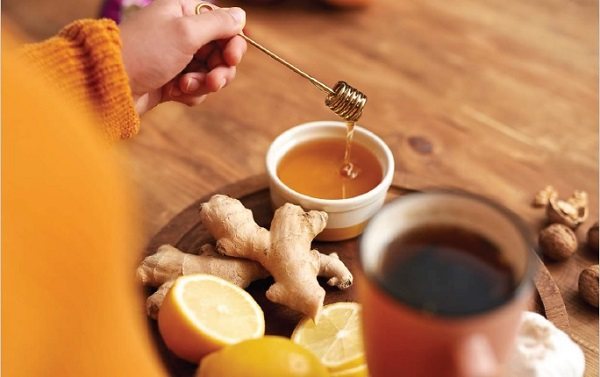
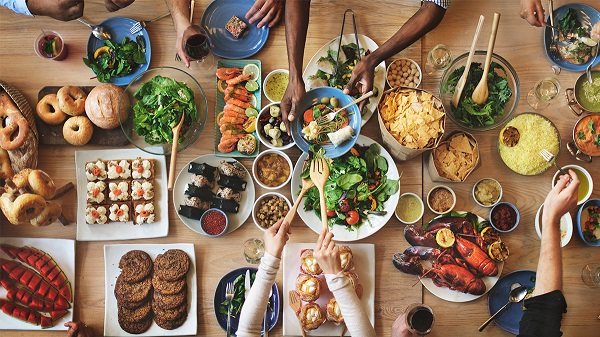
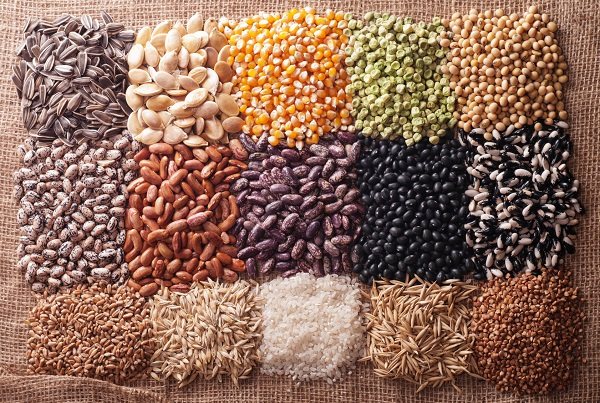

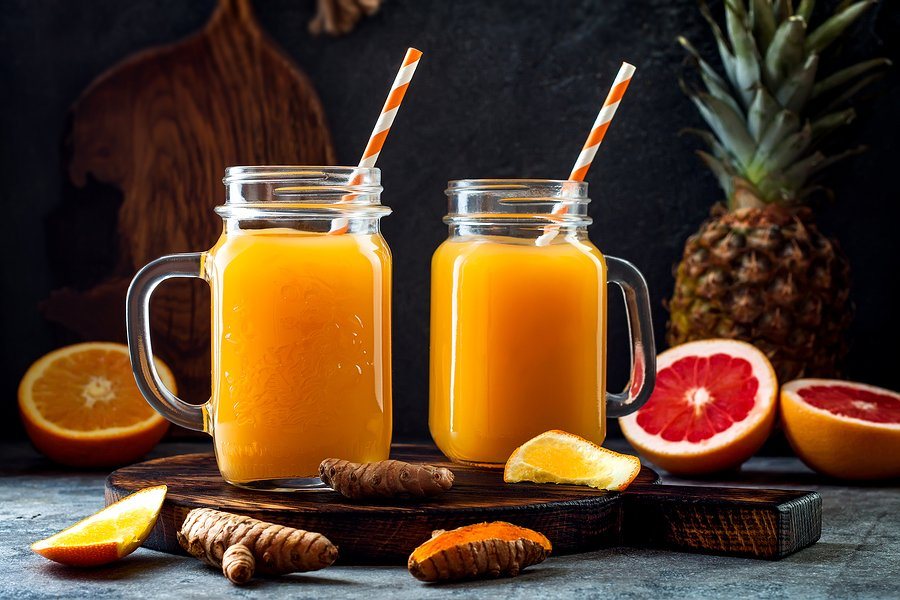
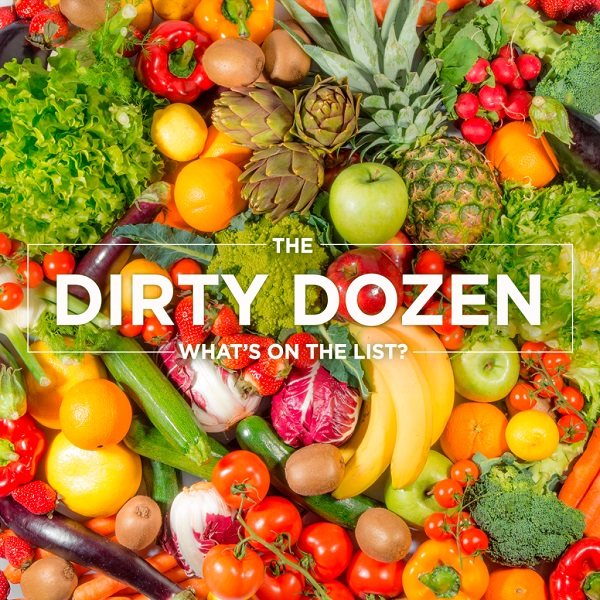
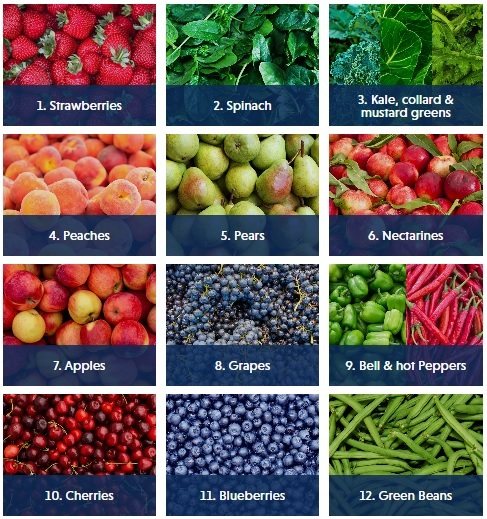
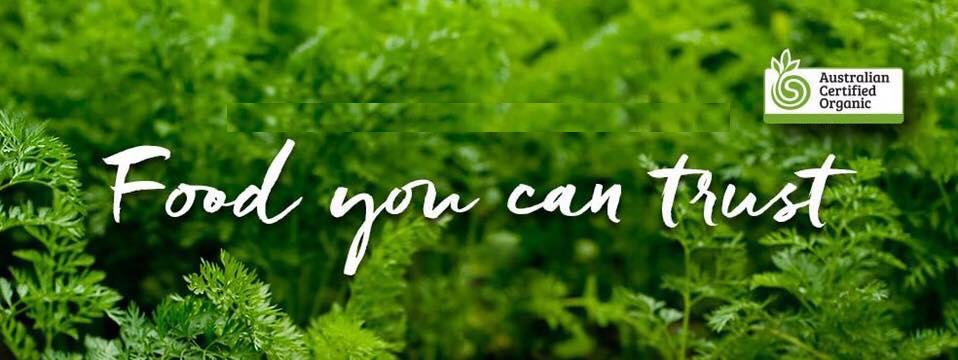
.jpg)
.jpg)

